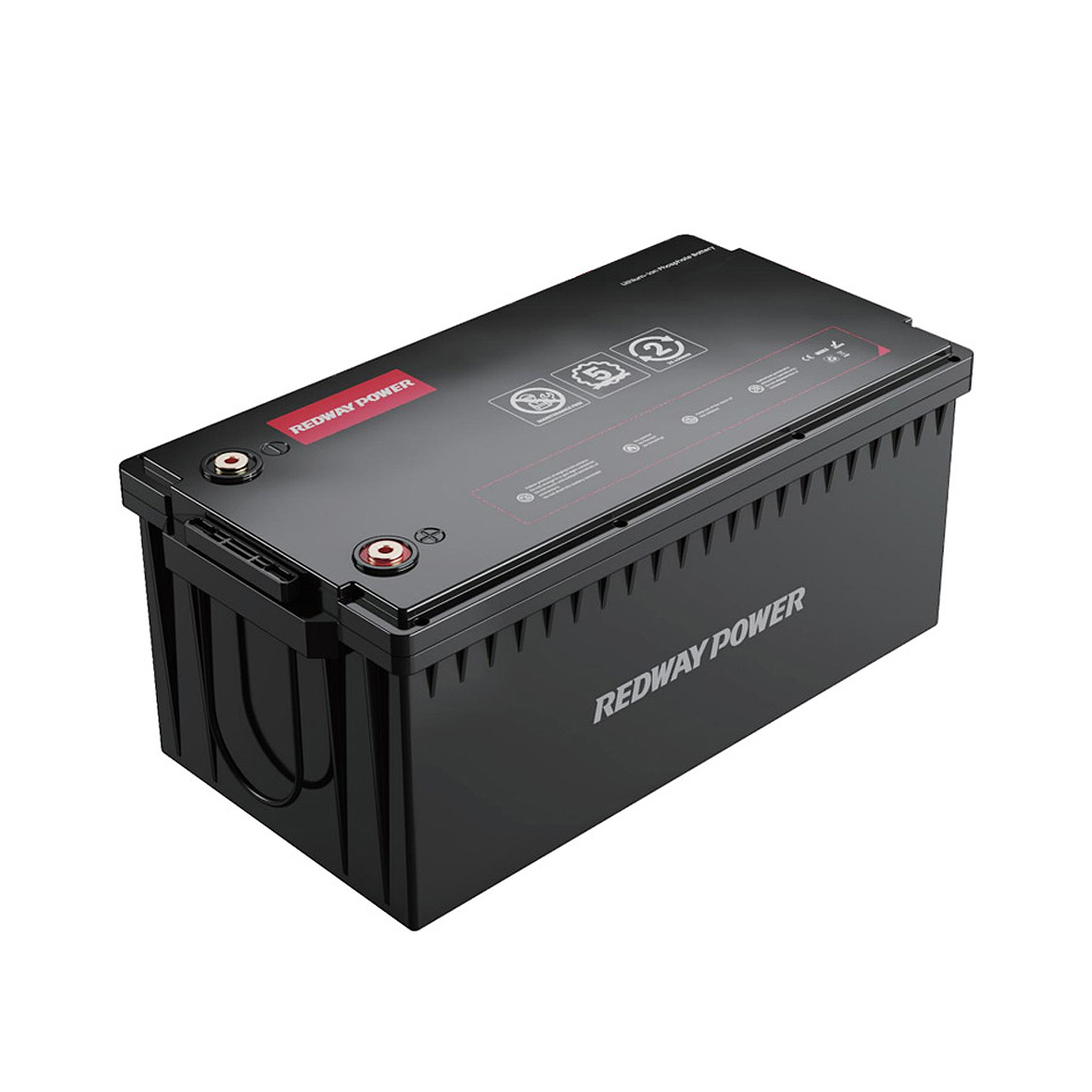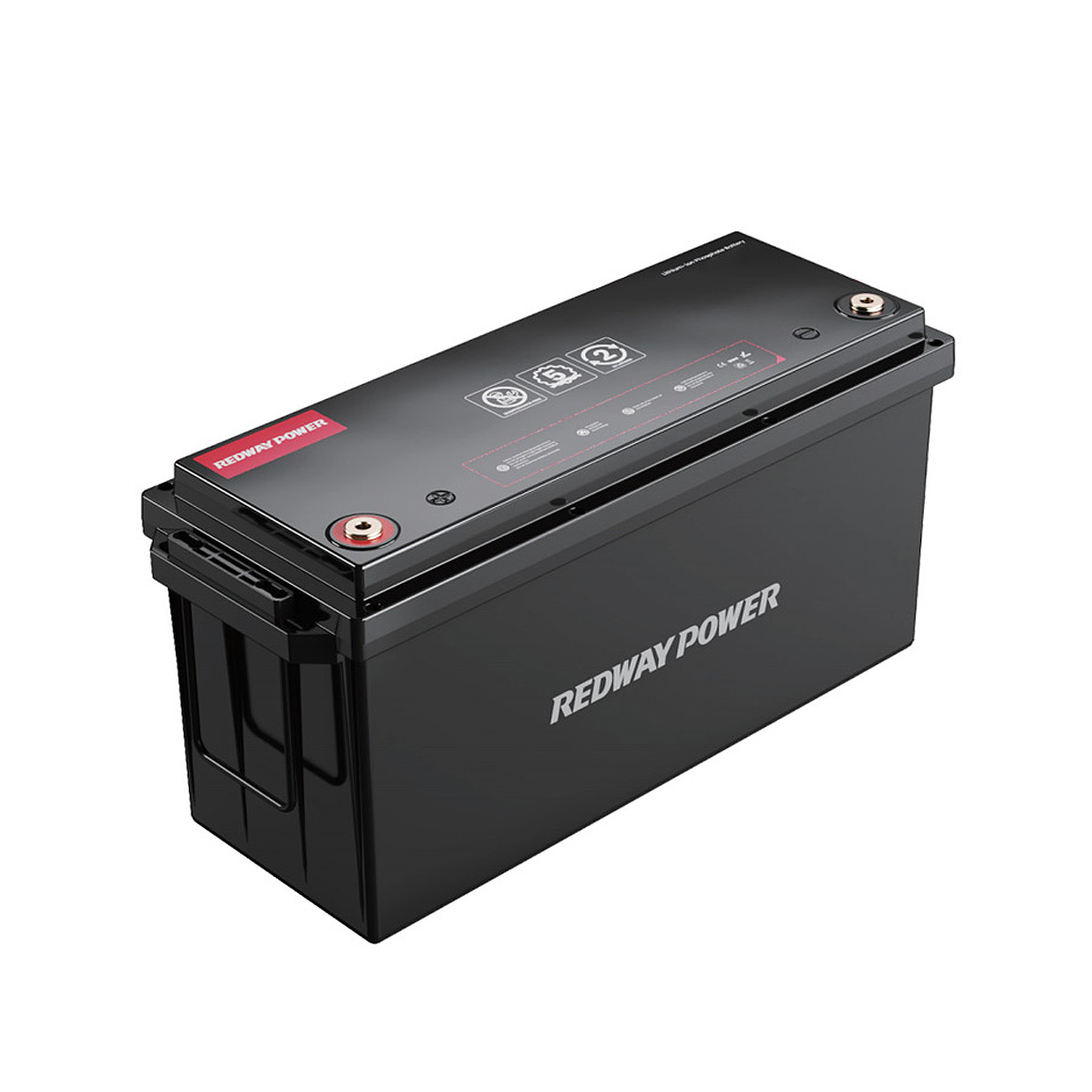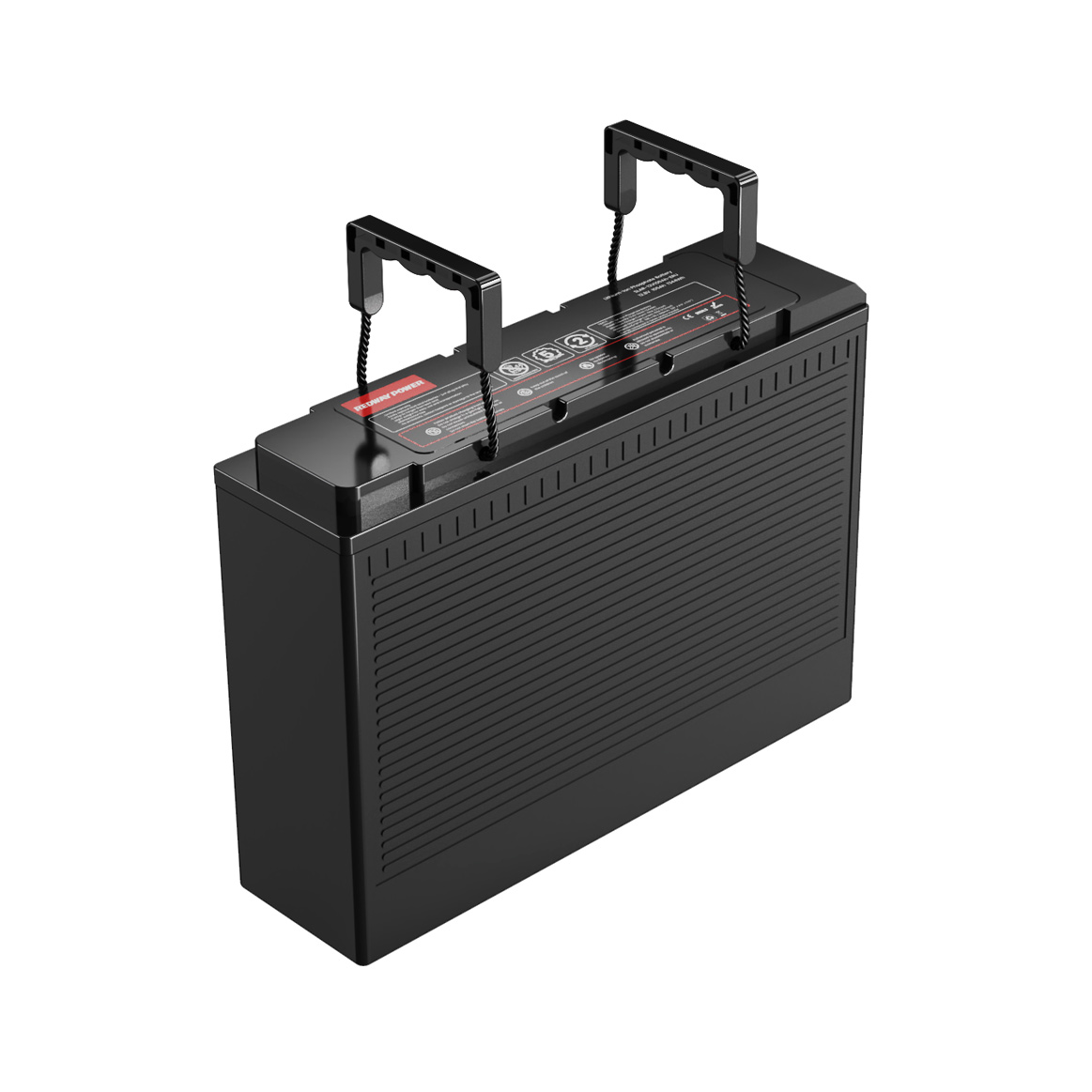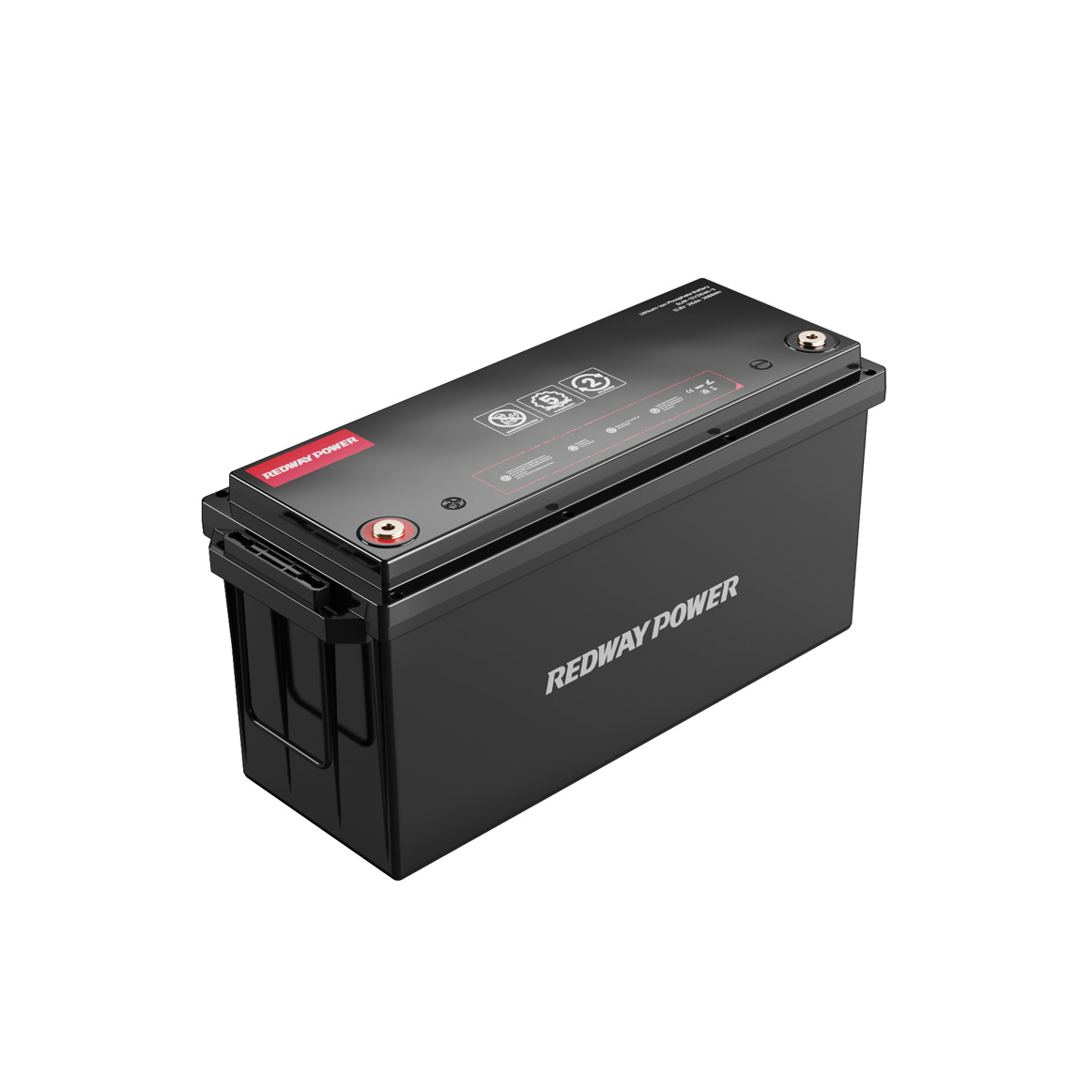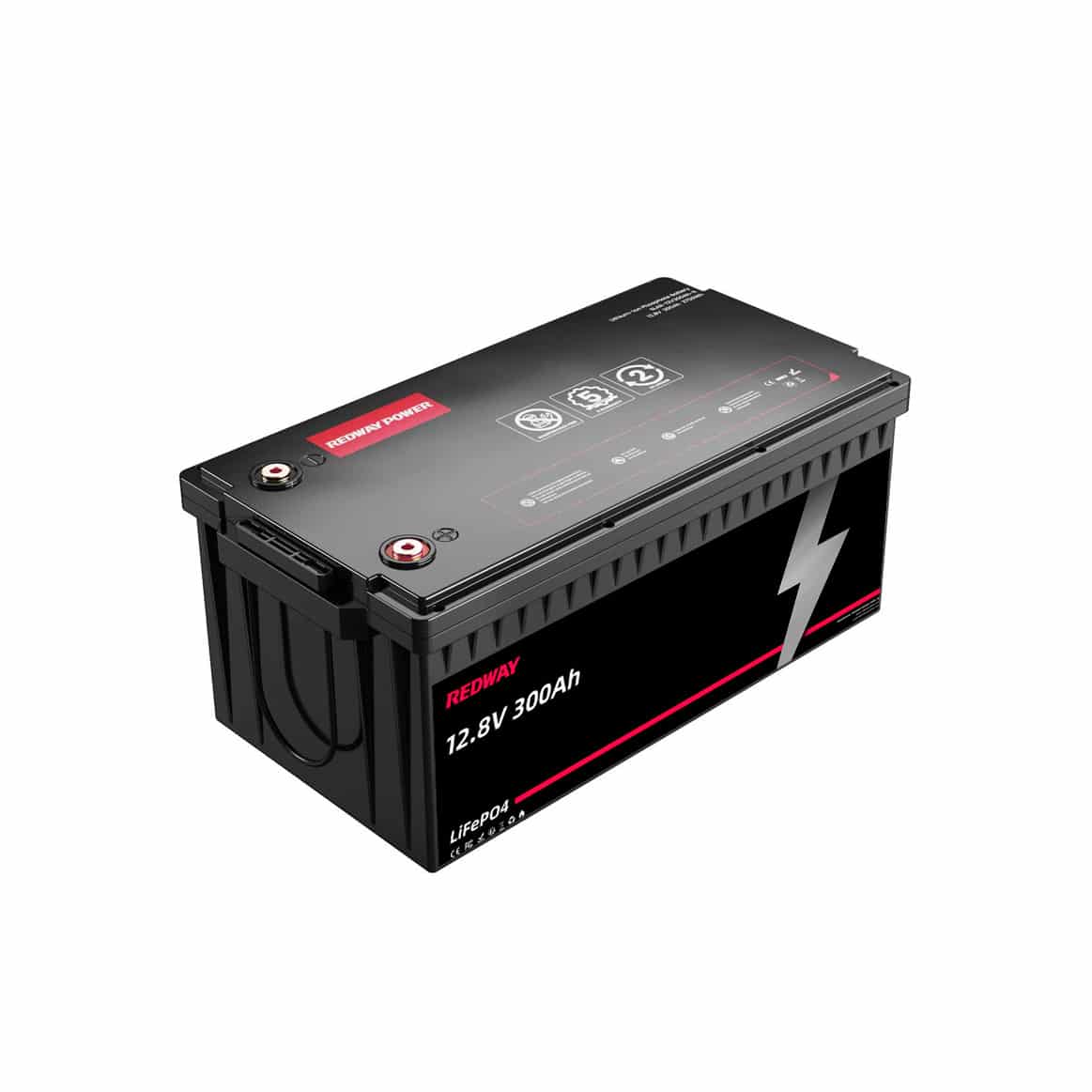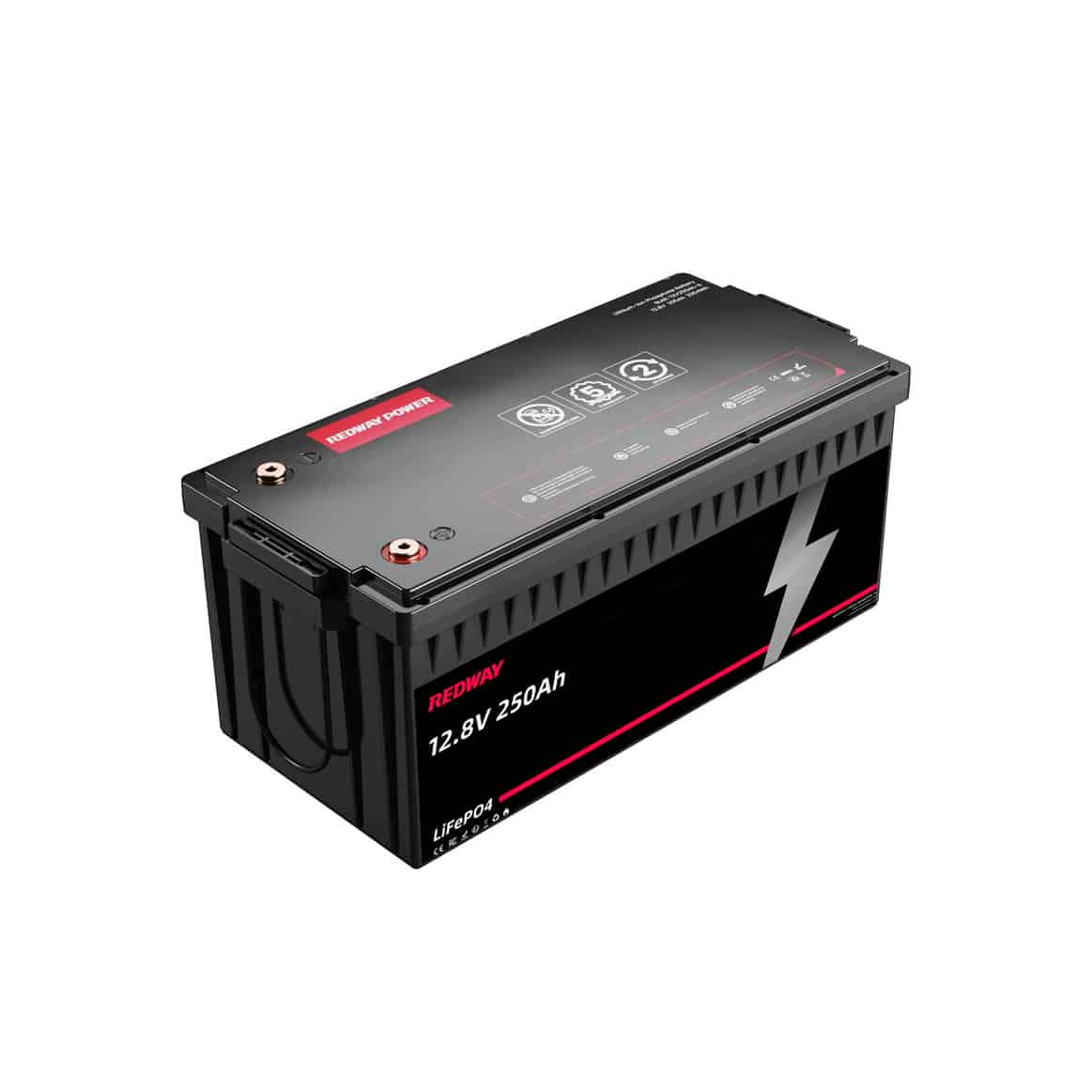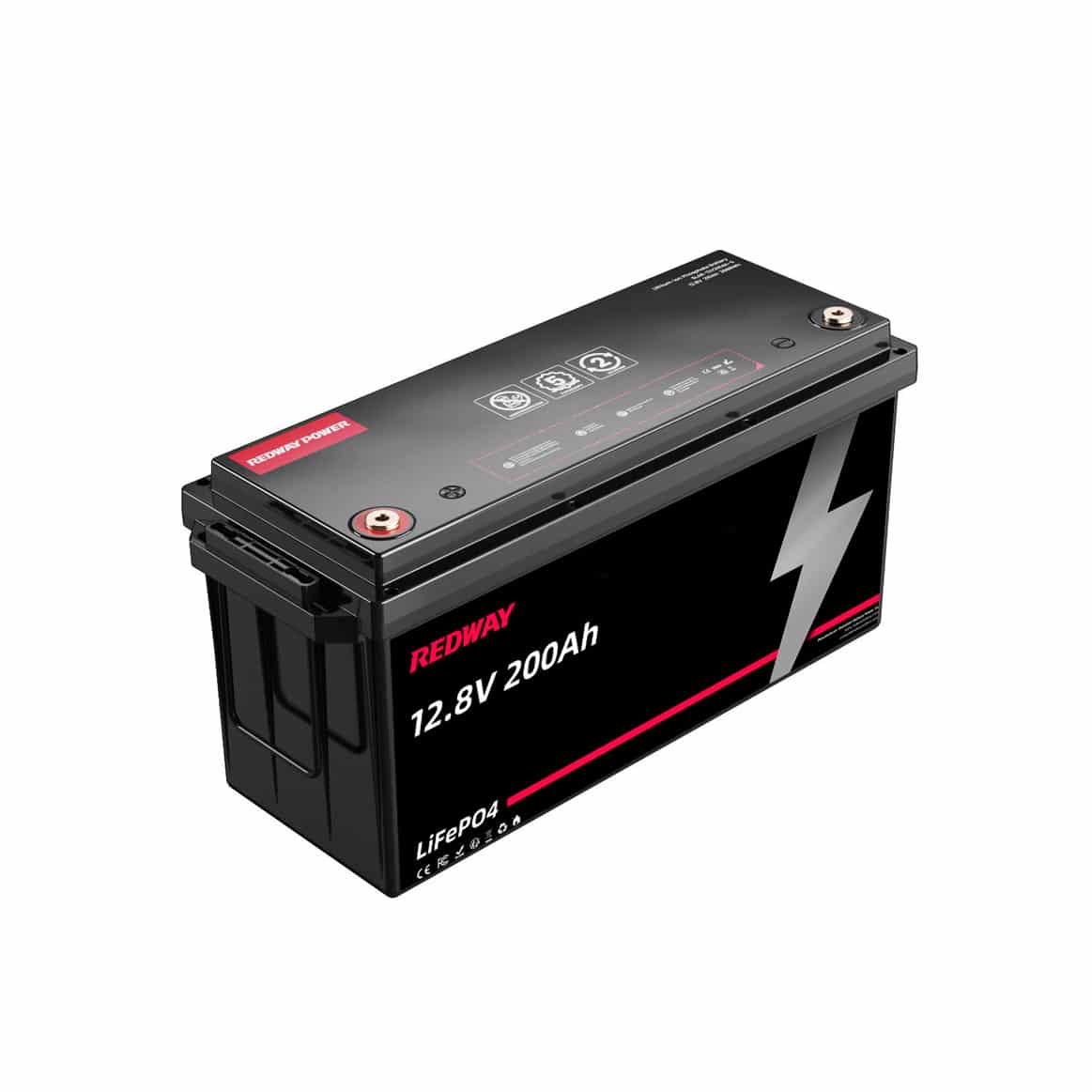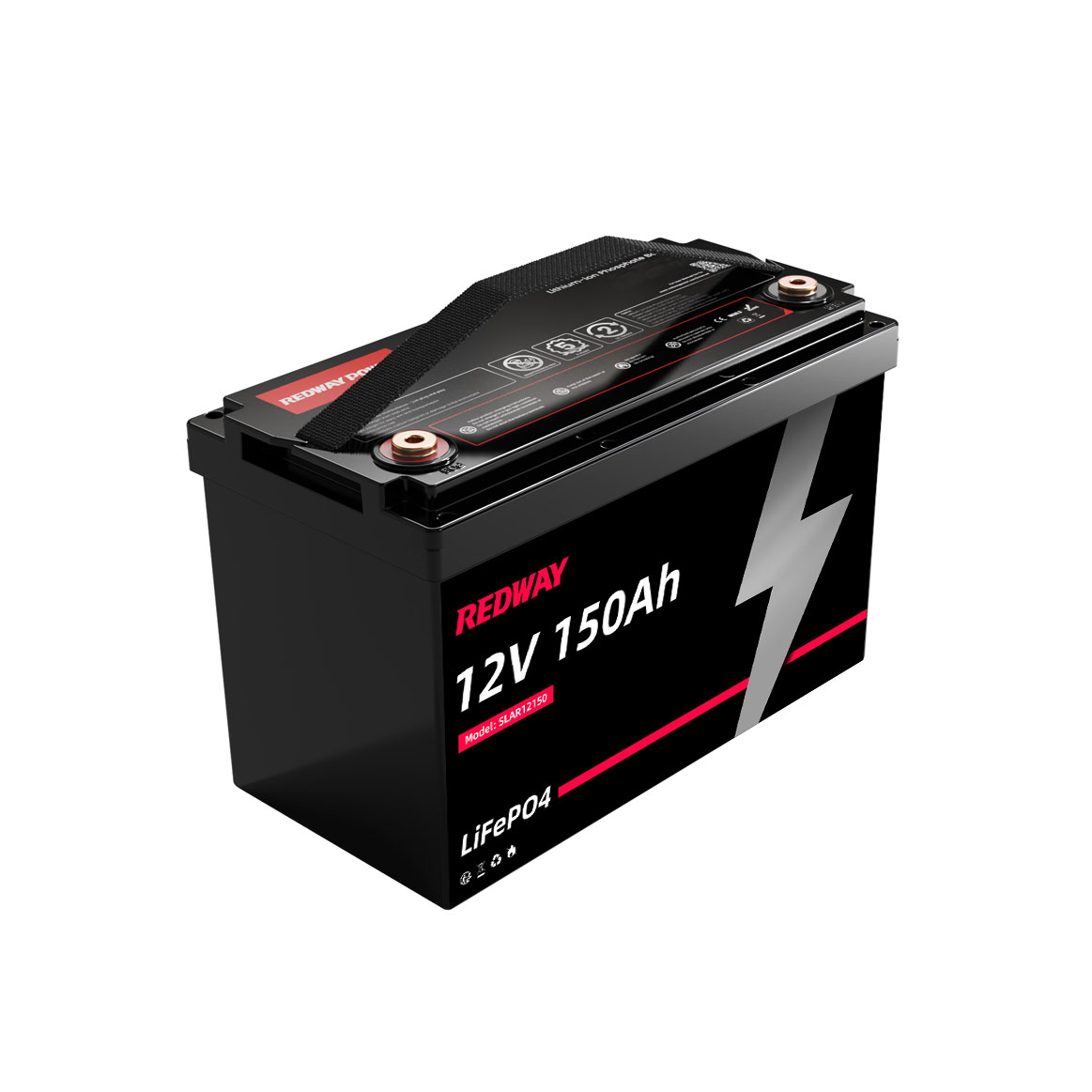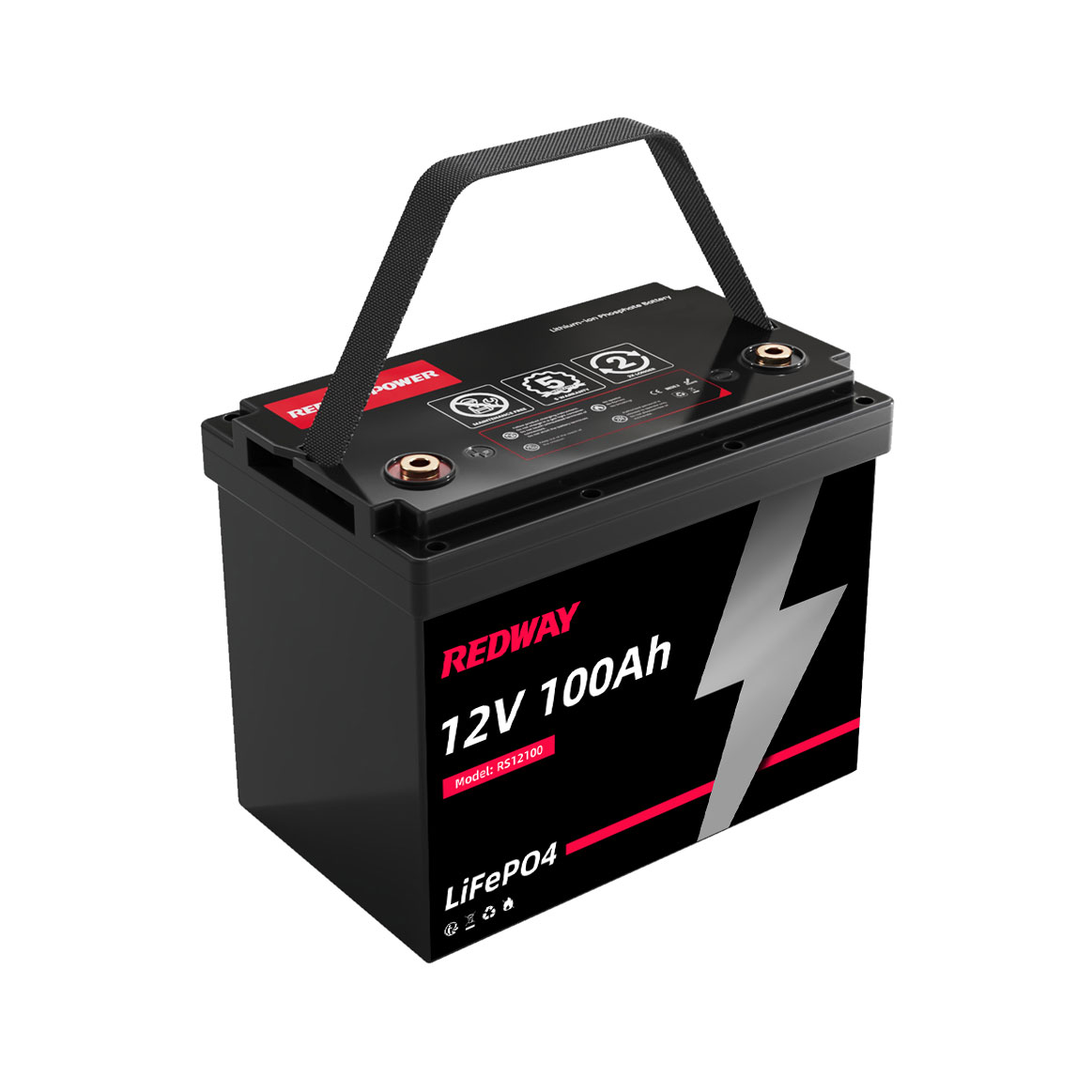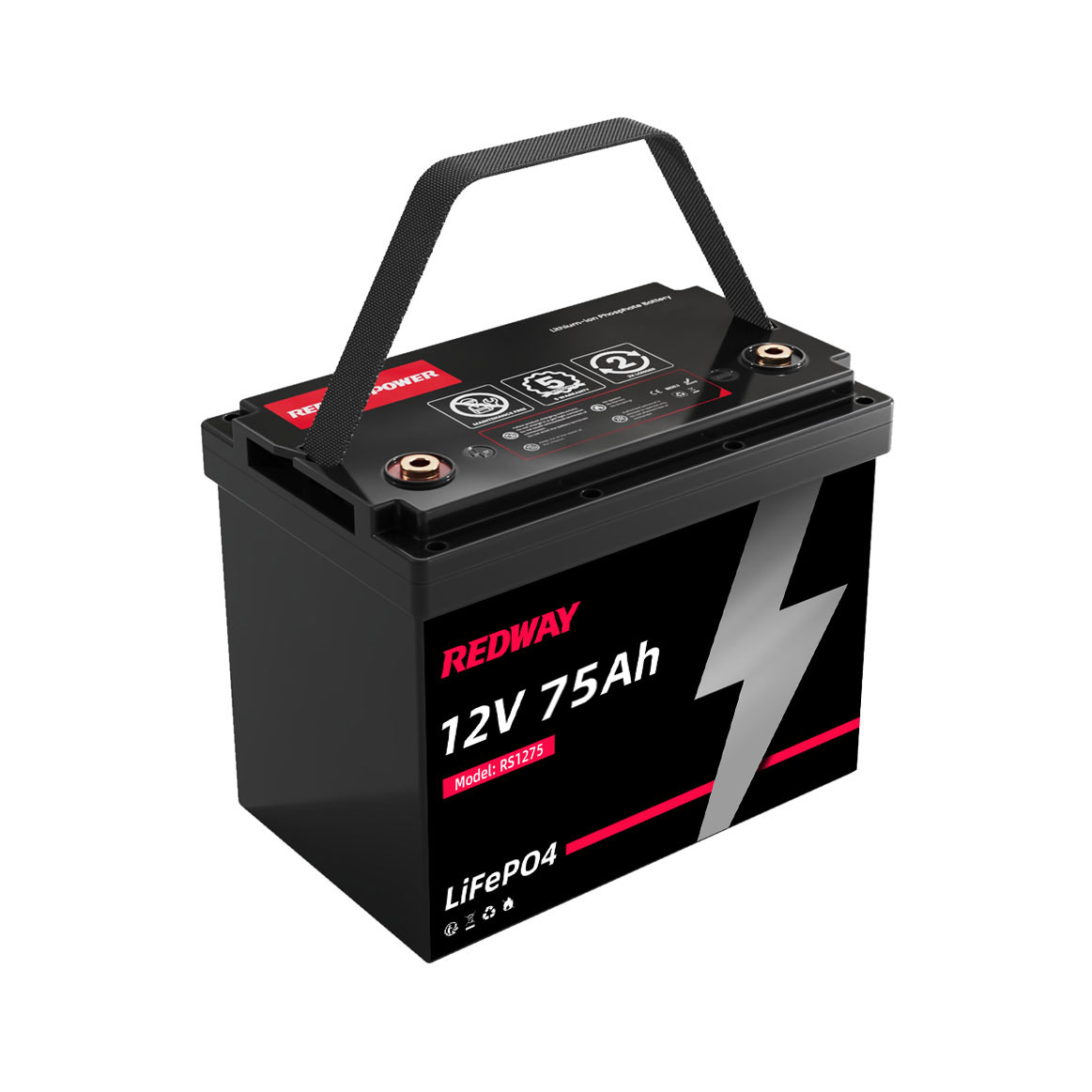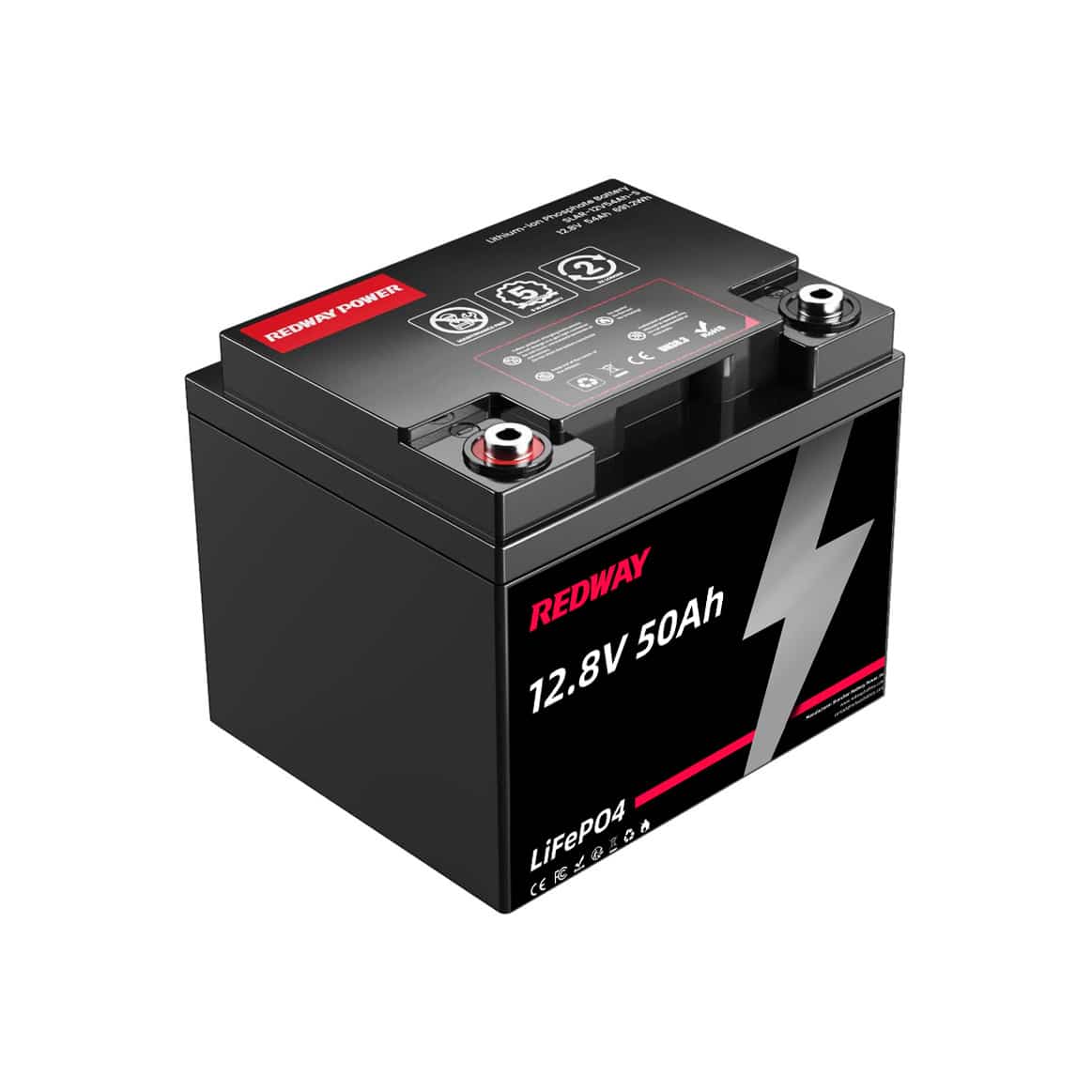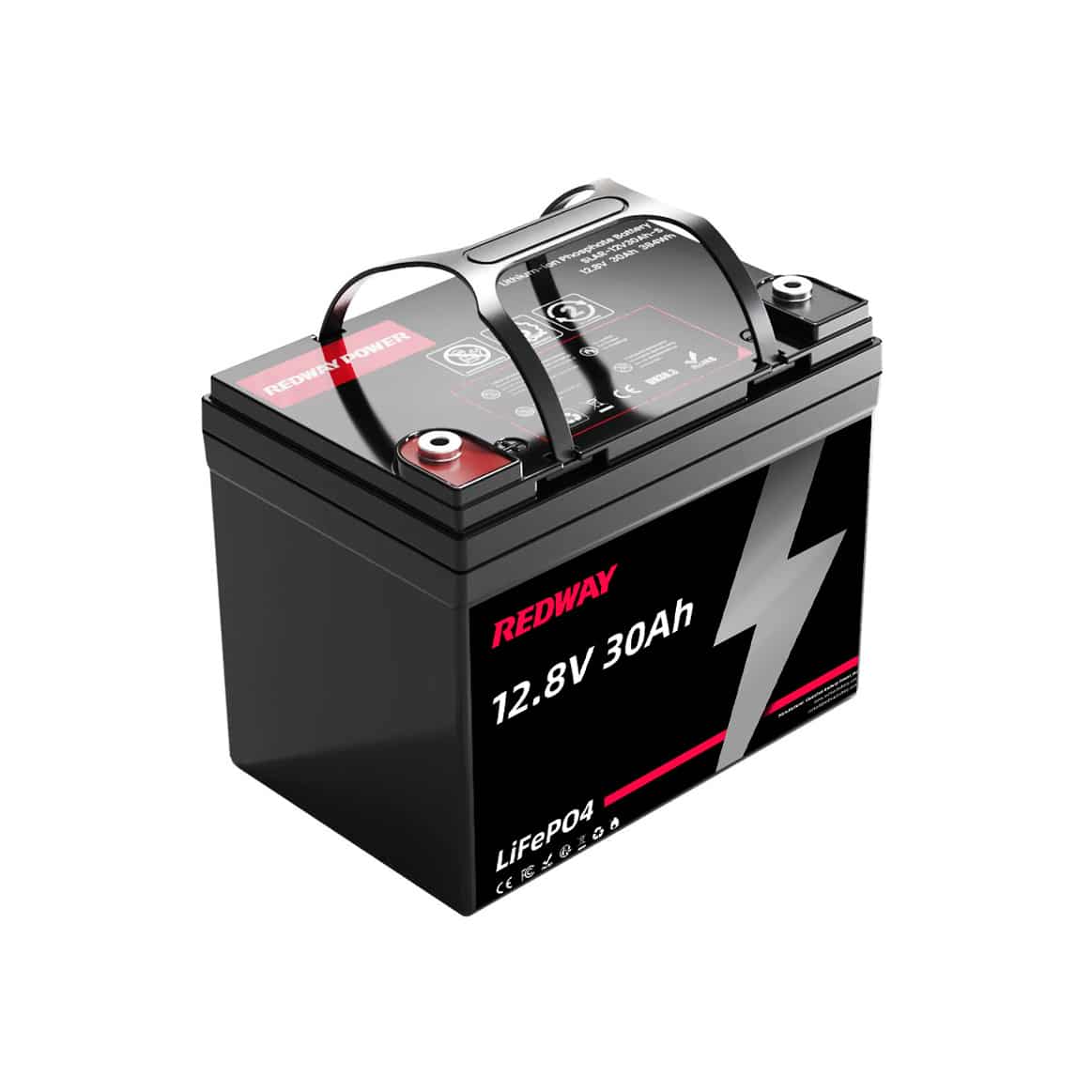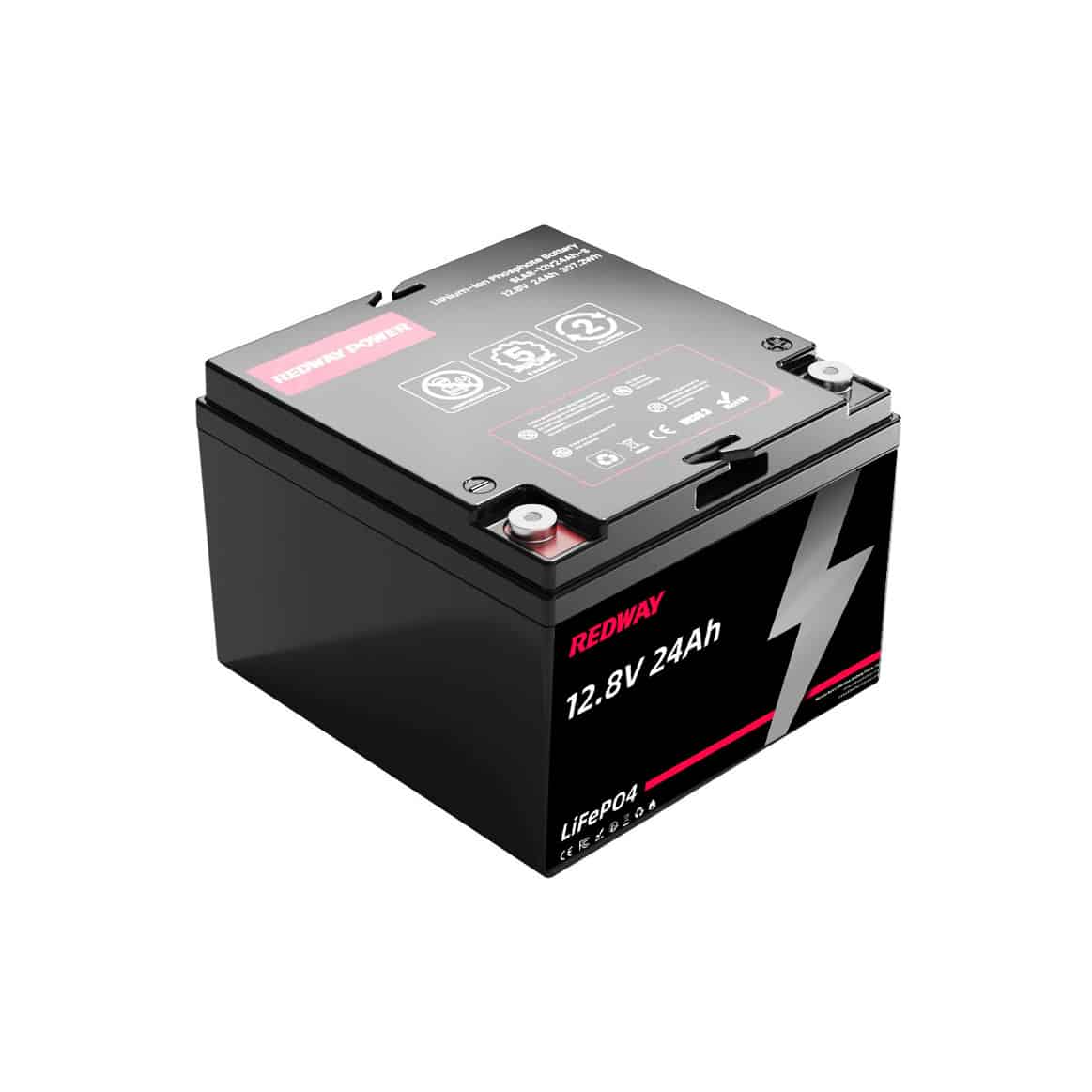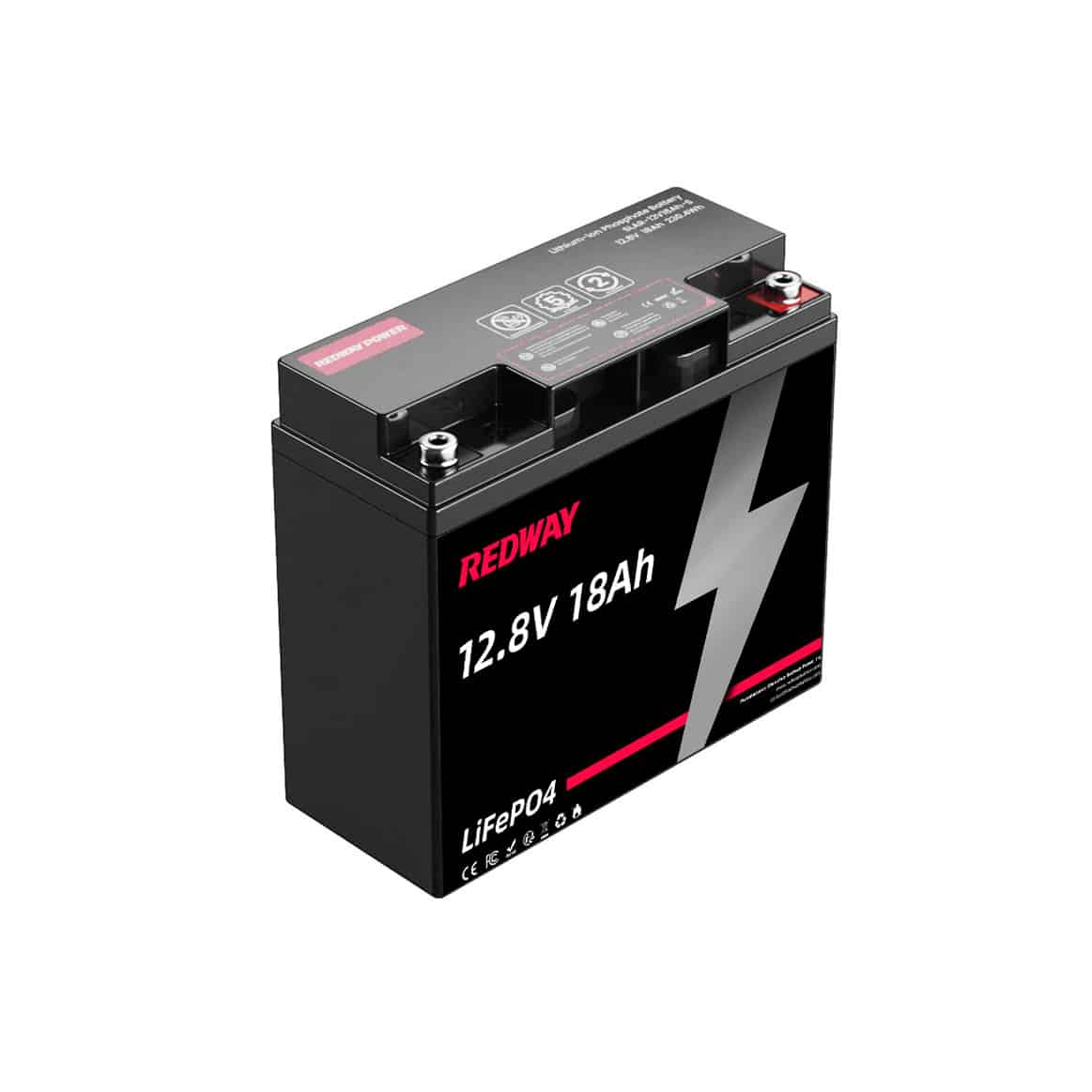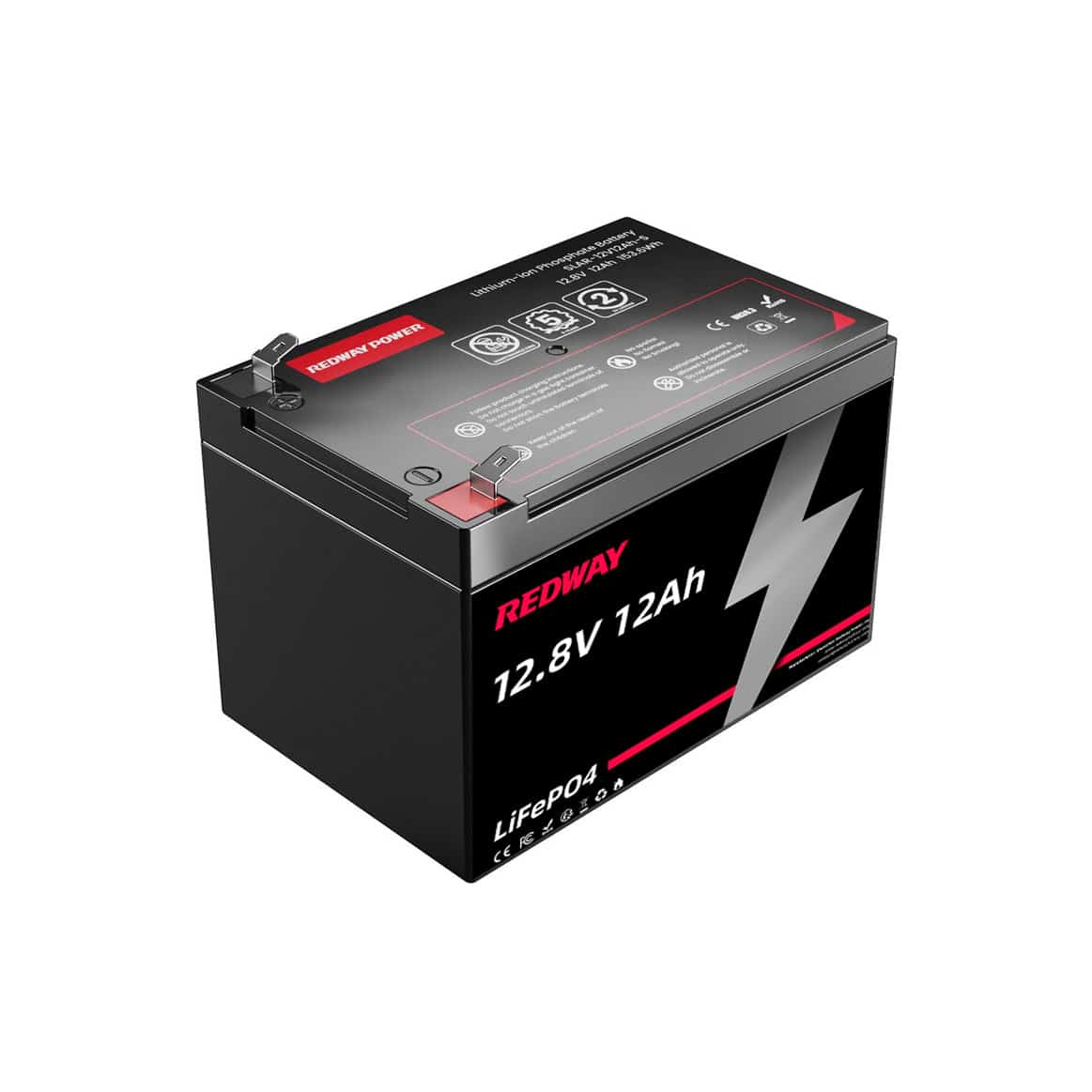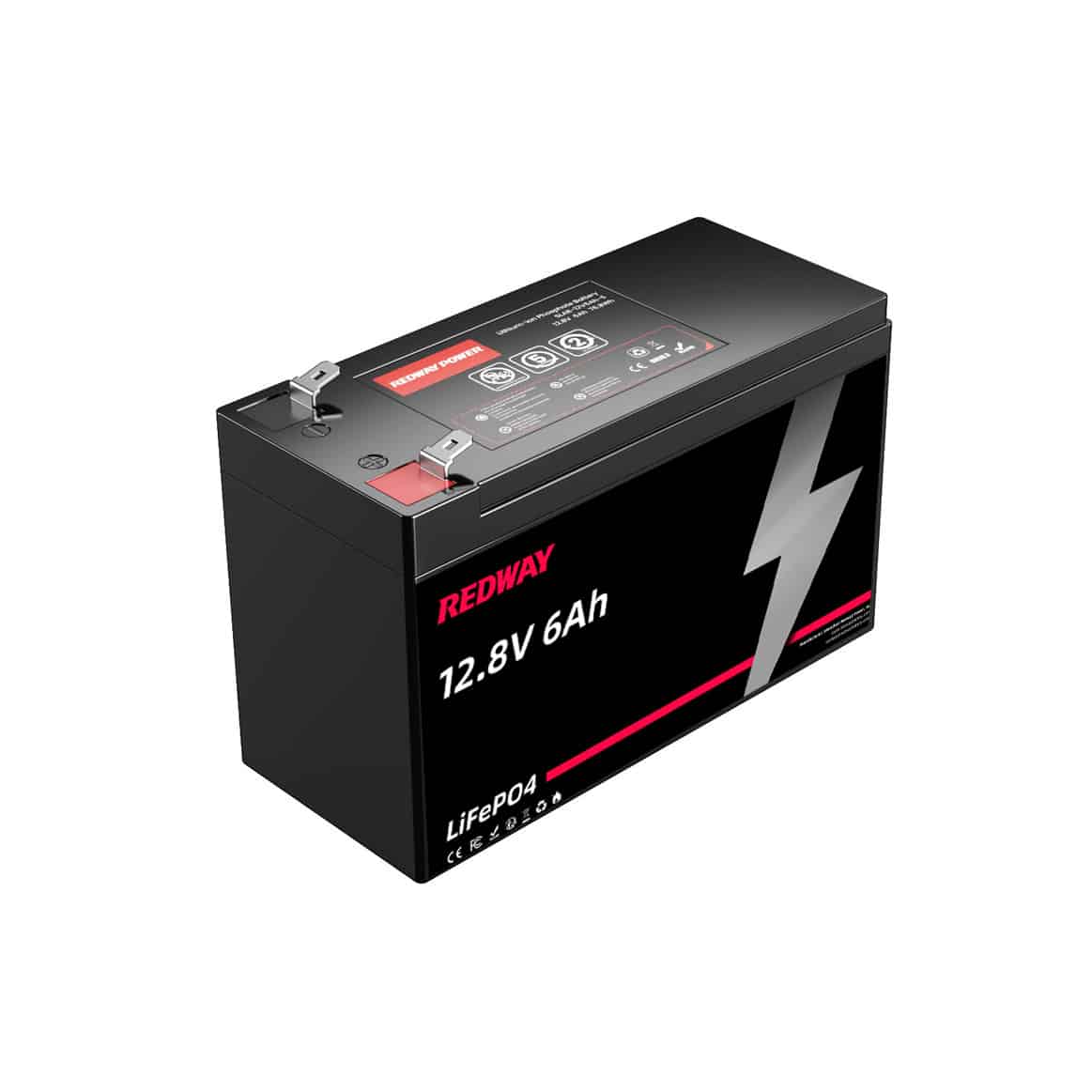Product Cateogries
12V LiFePO4 Batteries
As a top 12V LiFePO4 Batteries manufacturer, Redway offers Lithium Iron Phosphate Batteries that are half the weight, twice as powerful, and last five times longer than traditional batteries. Ideal for RV Batteries, Marine Batteries use, and more, these LiFePO4 batteries from this leading manufacturer ensure deep cycle reliability and temperature resilience. Specializing in custom solutions, Redway solidifies its reputation as a trusted battery manufacturer.
All Redway Products Come with
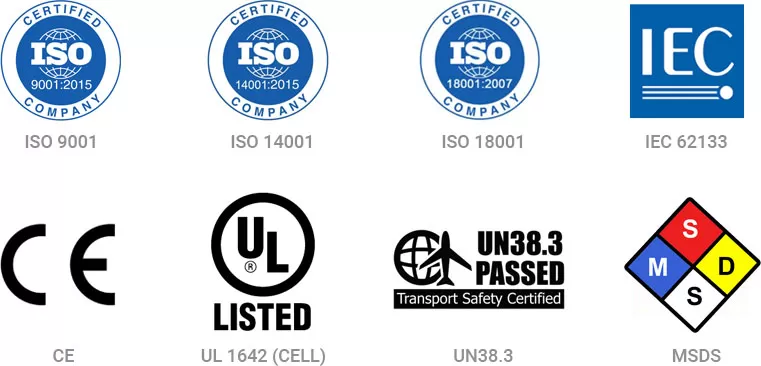
DIDN’ T FIND WHAT YOU WERE LOOKING FOR?
CUSTOM 12V BATTERY SOLUTIONS
As a premier 12V LiFePO4 Batteries manufacturer, Redway provides a diverse lineup of battery options for multiple uses. Our skilled engineers are ready to assist you in crafting, developing, testing, and producing customized 12V battery solutions to fit your specific requirements. Reach out to us today to delve into our comprehensive battery offerings and learn how we can create a OEM 12V LiFePO4 battery for you. Don't miss our LiFePO4 Golf Cart Batteries, Rack-Mounted Battery Modules, and LiFePO4 RV Batteries among others.
DEDICATED FACTORY SUPPORT
Redway Battery is a renowned lithium-ion battery manufacturer and supplier located in China. Redway specializes in delivering OEM/ODM lithium batteries, catering to potential clients and customers.
What distinguishes us is our exceptional dedicated factory support. Our advanced facilities are staffed by expert engineers, allowing us to deliver high-quality, innovative products.
Our quick factory support focuses on personalized client service, from design to delivery, offering flexible pricing and reliable products for both OEM/ODM needs.
LEARN BATTERY KNOWLEDGE
Our team of battery experts at Redway Battery is dedicated to sharing comprehensive knowledge about new energy technologies. Passionate about customizing batteries for a diverse range of electronic devices, we offer tailored and specialized battery solutions. We take pride in delivering the most up-to-date and professional information on batteries. Covering a wide array of topics, our expertise includes battery knowledge, industry news, company updates, and informative guides, among others. By staying connected with us, you can access the latest practical insights and information on battery technologies and their applications. Unlock valuable knowledge and resources as you explore the world of batteries with us. Dive deeper into Battery Knowledge through these sections: Top 10 Posts, Redway News, Industrial News and Must-know Knowledge.
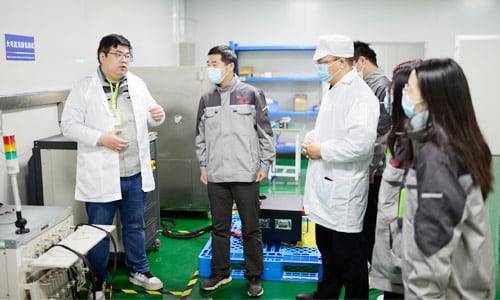
DOWNLOAD REDWAY PRODUCT BROCHURE AND SPEC
REDWAY PROMISE

QUALITY
6000 TIMES CYCLES
5 YEARS WARRANTY
10 YEARS DESIGN LIFE
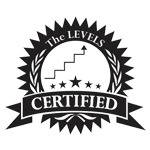
CERTIFICATION
ISO9001,ISO14001, OHSAS18001, CE, CB, UL, KC, FCC, BIS, IEC62133.

SERVICES
EXW, FOB, DAP, DDP OPTIONAL T/T, L/C OPTIONAL
Related Knowledge
Benefits of 12V LiFePO4 Batteries
What makes 12V LiFePO4 batteries superior to traditional lead-acid batteries?
12V LiFePO4 batteries offer longer lifespans (up to 10 years), higher energy density, and lower maintenance needs compared to lead-acid batteries, which typically last 3-5 years. They also allow for deeper discharges without damage, making them more efficient in energy use.How do 12V LiFePO4 batteries enhance performance in electric vehicles?
LiFePO4 batteries provide consistent power delivery throughout their discharge cycle, enabling electric vehicles to maintain performance even at lower charge levels. Their lightweight design improves vehicle efficiency, while fast charging capabilities reduce downtime.What are the environmental benefits of using 12V LiFePO4 batteries?
LiFePO4 batteries are made from non-toxic materials and are recyclable, minimizing environmental impact. In contrast, lead-acid batteries contain hazardous substances like lead and sulfuric acid, posing risks to both health and the environment.How does the cycle life of 12V LiFePO4 batteries compare to other types?
LiFePO4 batteries can endure over 2,000 cycles, often exceeding 4,000 cycles with proper care. This significantly outperforms lead-acid batteries, which typically last only 300-1,000 cycles.What safety features make 12V LiFePO4 batteries a reliable choice?
LiFePO4 batteries are flame-resistant and do not leak toxic chemicals like lead-acid batteries. Their stable chemistry reduces risks of explosion or fire, enhancing safety in various applications.
Comparing 12V LiFePO4 vs Lead-Acid Batteries
How do charging times differ between 12V LiFePO4 and lead-acid batteries?
LiFePO4 batteries can be charged much faster than lead-acid batteries without damage. While lead-acid typically requires slower charging to avoid degradation, LiFePO4 supports rapid charging, reducing downtime significantly.What are the maintenance differences between 12V LiFePO4 and lead-acid batteries?
LiFePO4 batteries require minimal maintenance—no watering or electrolyte checks—whereas lead-acid batteries need regular maintenance to ensure longevity and performance.How does the energy density of 12V LiFePO4 compare to lead-acid?
LiFePO4 batteries have a higher energy density, allowing them to store more energy in a smaller size compared to lead-acid batteries. This results in lighter battery packs for similar energy storage capacities.What are the cost implications of using 12V LiFePO4 versus lead-acid batteries?
While the initial cost of LiFePO4 is higher, their longer lifespan and lower maintenance needs often result in lower total cost of ownership over time compared to lead-acid batteries.Which battery type performs better in extreme temperatures: 12V LiFePO4 or lead-acid?
LiFePO4 batteries perform better in extreme temperatures, maintaining capacity and efficiency where lead-acid batteries often suffer significant performance degradation under similar conditions.
Choosing the Right 12V LiFePO4 Battery for Your Application
What factors should be considered when selecting a 12V LiFePO4 battery?
Consider capacity (amp-hour rating), discharge depth, weight, size, and compatibility with existing systems. Evaluate the battery’s cycle life, charging requirements, and warranty. Additionally, assess the manufacturer’s reputation and customer reviews for reliability.How do you determine the appropriate amp-hour rating for your needs?
Calculate your total energy consumption by identifying the devices you plan to power and their wattage. Divide the total watt-hours needed by the battery voltage (12V) to find the required amp-hour rating. Factor in desired discharge depth for optimal performance.What are the compatibility requirements for a 12V LiFePO4 battery with existing systems?
Ensure that your charger and inverter are compatible with LiFePO4 chemistry. Check voltage ratings, charging profiles, and maximum discharge rates. Additionally, confirm that any Battery Management System (BMS) can support the specific battery model.How can you assess the quality of a 12V LiFePO4 battery before purchase?
Look for reputable brands with positive customer reviews. Check specifications like cycle life, discharge rates, and warranty terms. Examine certifications such as UL or CE to ensure safety and reliability standards are met.What certifications should you look for in a reliable 12V LiFePO4 battery?
Seek batteries that have certifications like UL (Underwriters Laboratories), CE (Conformité Européenne), or IEC (International Electrotechnical Commission). These certifications indicate compliance with safety standards and quality assurance.
Maintaining and Extending the Lifespan of 12V LiFePO4 Batteries
What are the best charging practices for maximizing lifespan of 12V LiFePO4 batteries?
Use a charger specifically designed for LiFePO4 batteries to avoid overcharging. Charge at recommended voltages and currents, and avoid discharging below 20% capacity. Regularly monitor temperature during charging to prevent overheating.How can temperature management affect the performance of 12V LiFePO4 batteries?
Extreme temperatures can impact performance; high heat can lead to degradation while cold temperatures may reduce capacity. Ideally, maintain operating temperatures between 32°F and 113°F (0°C to 45°C) for optimal performance and longevity.What signs indicate that a 12V LiFePO4 battery may need replacement?
Signs include a significant decrease in runtime, failure to hold charge, swelling or physical damage, and unusual heat during operation. If the battery frequently requires recharging or shows inconsistent voltage readings, consider replacement.How does proper storage impact the longevity of 12V LiFePO4 batteries?
Store batteries in a cool, dry place away from direct sunlight. Ideally, maintain a charge level of around 50% during storage to prevent deep discharge. Regularly check connections and voltage levels to ensure battery health.What role does a Battery Management System (BMS) play in maintaining battery health?
A BMS monitors voltage, current, and temperature to protect against overcharging, deep discharging, and overheating. It balances cell charging and discharging, ensuring optimal performance while extending the overall lifespan of the battery.
Others
- Is it better to have 2 100Ah or 1 200Ah battery?
The decision between having 2 100Ah batteries or 1 200Ah battery depends on your power requirements and preferences. If you have high power demands or need to run multiple devices simultaneously, opting for two 100Ah batteries can provide more power and flexibility. However, if your power needs are moderate and you prioritize simplicity and space-saving, a single 200Ah battery may be a better choice. Consider your specific needs to determine the most suitable option for you. - What voltage is a fully charged 12V Li-ion battery?
A fully charged 12V Li-ion battery, such as a LiFePO4 battery, will typically have a voltage range between 13.3V and 13.4V. This voltage range ensures optimal performance and indicates that the battery is at its maximum charge capacity. It’s important to check the specific voltage range recommended by the battery manufacturer for accurate readings. - Should you charge a LiFePO4 battery to 100%?
Charging a LiFePO4 battery to 100% is not always necessary and may not be recommended for optimal battery lifespan. Not charging to 100% and operating within the 20%-80% state of charge (SoC) range can help prolong the battery’s life. By avoiding full charges and discharges, you can maintain the battery within a healthier range and extend its overall lifespan.
- Do 12V LiFePO4 batteries need venting?
12V LiFePO4 batteries do not generally require venting due to their unique chemistry, inherent stability, and advanced safety features. Their reduced risk of thermal runaway and long cycle life make them a safe and reliable choice for various applications, from electric vehicles to renewable energy storage. The sealed and closed enclosures can safely contain LiFePO4 batteries without the need for ventilation, ensuring convenient and hassle-free usage.
- Do LiFePO4 batteries lose charge when not in use?
LiFePO4 batteries have a lower self-discharge rate, ensuring longer charge retention when not in use. This makes them ideal for long-term storage or usage in various applications like caravans, cars, camping gear, outbuildings, or cabins. With their inherent stability, LiFePO4 batteries offer reliable power storage without significant loss of charge over time.
- What does “OEM” mean on a 12V LiFePO4 battery?
On a 12V LiFePO4 battery, ‘OEM’ stands for Original Equipment Manufacturer. These batteries are produced by the same company that manufactured the device they are intended for. OEM batteries ensure compatibility, quality, and reliability, as they are specifically designed to meet the requirements of the device they will power.
- Is it okay to leave a 12V LiFePO4 battery on the charger?
It is generally safe to leave a 12V LiFePO4 battery on the charger for an extended period. LiFePO4 batteries have high safety standards and are not prone to overcharging or over-discharging. This ensures that leaving them on the charger will not negatively impact their lifespan or performance. However, it is always recommended to follow the manufacturer’s guidelines for optimal charging practices.
When searching for a reliable 12v lithium battery manufacturer, it is important to consider companies specializing in lithium iron phosphate technology. A top 12v lithium battery manufacturer like CATL leads the market with advanced LiFePO4 batteries known for safety and long cycle life. Similarly, Ufine Battery is another reputable 12v lithium battery manufacturer offering customizable LiFePO4 solutions for various applications.
Focusing on LiFePO4 battery manufacturer, many companies emphasize the benefits of lithium iron phosphate chemistry, including thermal stability and durability. The LiFePO4 battery manufacturer sector includes global leaders such as BYD and CALB, which produce high-quality batteries for electric vehicles and energy storage. Choosing a trusted LiFePO4 battery manufacturer ensures access to batteries with excellent performance and safety features, making them ideal for renewable energy and transportation needs.

